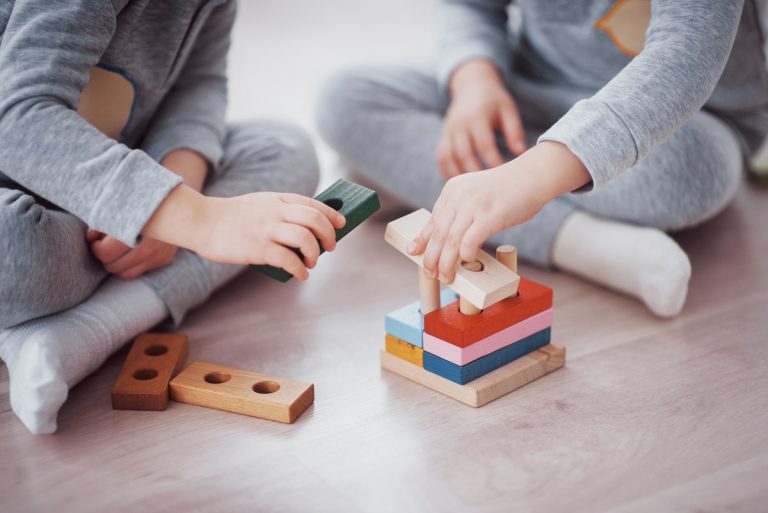Photo Caption: When preschools are closed because of the coronavirus lockdown, lessons are taught at home, where most of life’s foundations are formed. Photo Credit: Freepik.
A month ago, as we were preparing to go to preschool on a sunny winter morning, my children strutted past me wearing sunglasses. “Look how cool I am!” the boy said.
“I am cool,” sang my daughter. “Cool. Cool. Cool!”
I just watched as they danced around. “Do you even know what that means?” I asked.
“It means we’re cool. Look! We’re cool!”
That was when it struck me: they are like the innocent children of Nietzsche’s system of morality.
* * *
Friedrich Nietzsche was a complex thinker whose mustachioed likeness and nihilist philosophy has been appropriated by many different groups, perhaps most infamously by his Nazi-sympathizing sister after his death in 1900.
He can be dark (i.e., God is dead). Yet, parts of Nietzsche’s moral compass resonate with me. For example, his view of social morality boils down to three phases that are represented by three characters: a camel, a dragon and a young child.
Most of us are the camel. We go through life, deal with situations and follow the rules as best we can. We soak up experiences and hold onto them as personal life lessons.
The dragon is the lynchpin at the center. It is covered with scales, each of which represents one of the social constructs that have been established over the course of human history: Murder is bad; say “hello” when you enter a room; pay your taxes. Each religion has its own section. Each culture has slightly different rules.
As you might appreciate, the camel has little chance of challenging the dragon and its well-established dominance.
If, however, there was some way to usurp the dragon. . . Well! Then there would be the perfect state beyond good and evil. That is a state of innocence, like that of a child who is learning things for the very first time.
* * *
My “cool” children have been home from preschool as part of the current lockdown against the spread of the coronavirus and they are only beginning to put together the meanings foretold by the scales of that dragon.
Their brains are constantly being filled with forms that they must organize and incorporate into their growing understandings of the world and society. Many of those forms are being established as regular routines, like brushing teeth and dressing themselves. Apparently, the word “cool” was, at some point, used in conjunction with wearing sunglasses and used to express a happy, exhibitionist state of fashion.
Almost everything is a learning situation. My toddler son, for example, rejoiced in the step-by-step instructions for building a Lego spaceship. He had no established framework. It was utterly straightforward: see the graphic, find the pieces, make the object look the same. Nothing more, nothing less. And when it was all done, the pile of random plastic pieces had been changed into a spaceship.
Watching Romeo and Juliet, the ballet, was another type of outside-the-box moment. My young daughter saw a boy and a girl and their infatuation with each other. It was a visceral understanding that was not bogged down by the hip-hop movie version or the Indigo Girls song or any number of other interpretations (i.e., scales on the dragon).
Once we randomly saw a video of Elvis Presley performing. Both kids were drawn to it immediately. The voice, the music, the movement — it was innately magnetic even decades and two generations after his death.
And, now, with the spring bringing the world back to life, simply seeing the new buds on the ends of tree branches is a powerful realization.
* * *
Watching a child experience something for the first time is powerful, and even a bit sad because of the framework into which they are being indoctrinated. That is why teaching is such a meaningful experience, regardless of the age of the students. Any kind of a spark is magic.
Although it would be great to get the schools open again.






